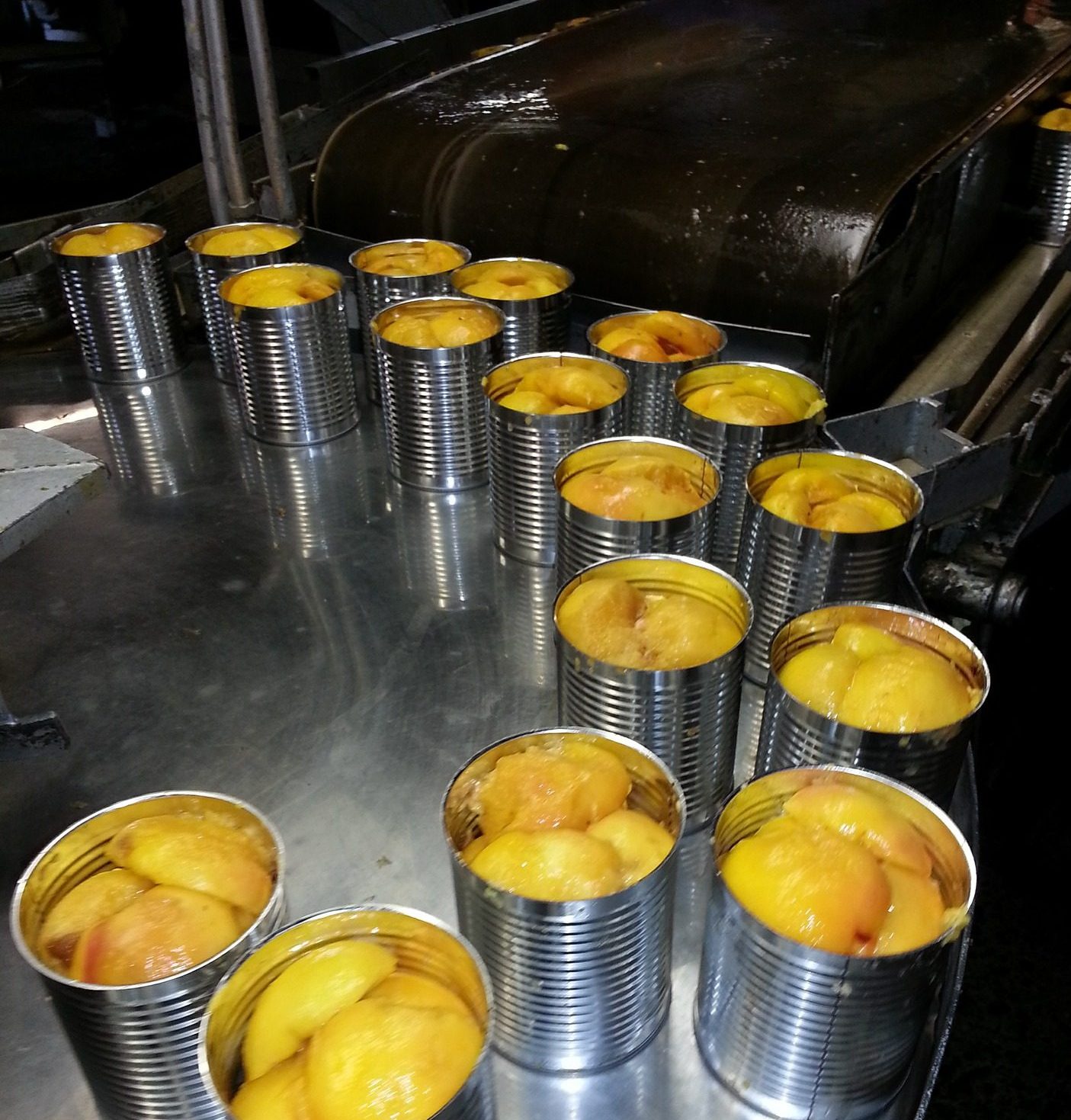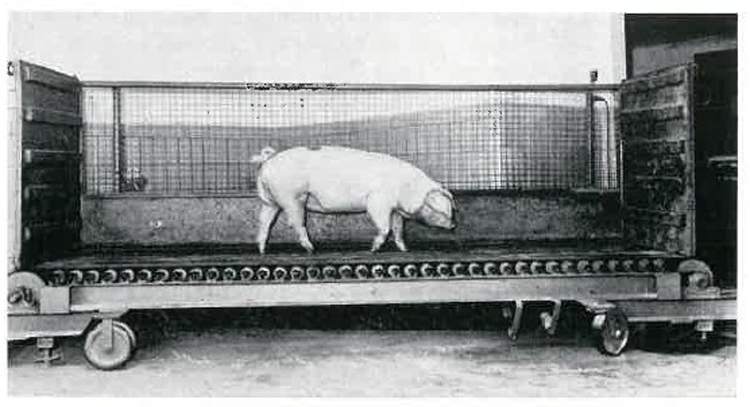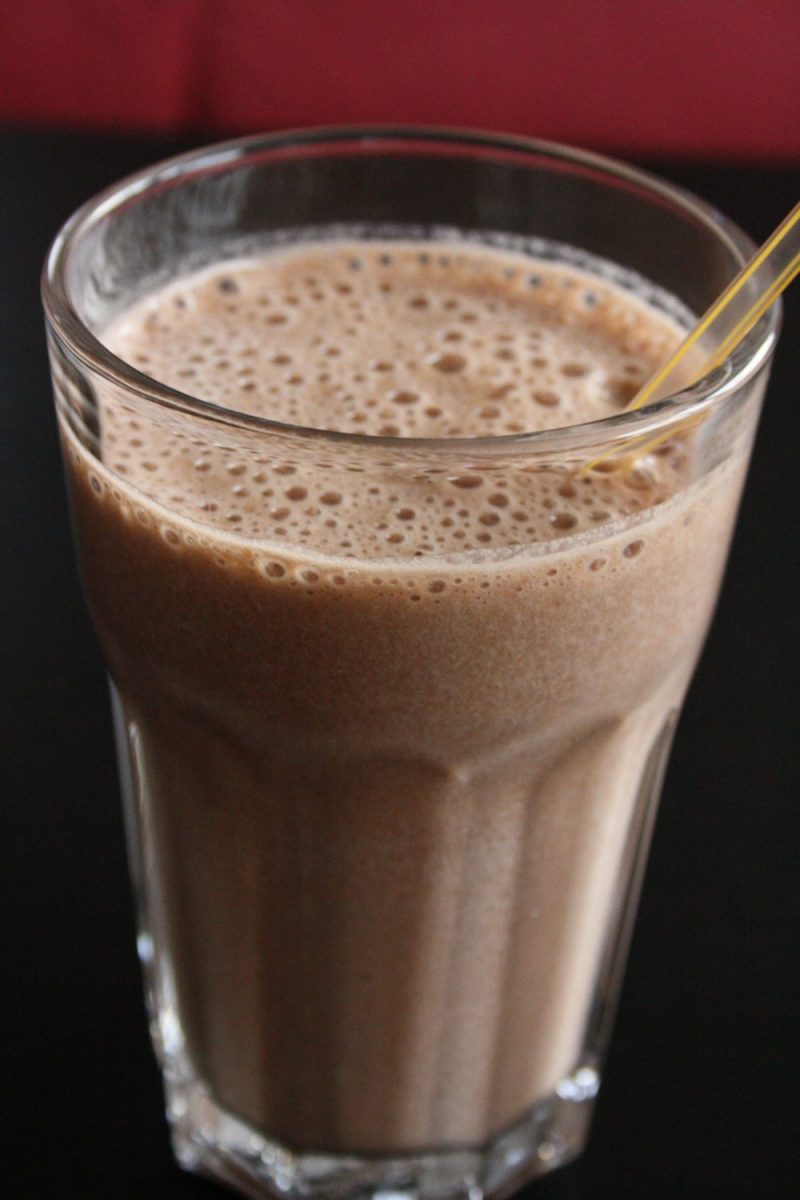Industry vs. Nature. How the Language of Dietary Advice has Changed in Poland since the 1970s

If health-conscious people were to choose between diets recommending natural or processed food products, which would they choose? The language of dietary advice today is dominated by notions of nature, organic farming, and organic products. It seems that such labels are very appealing to people wanting to live more healthy lifestyles. Only 40 years ago, however, health experts and dietitians in the Polish People’s Republic used a far different language to convince their beneficiaries to eat certain foods. It was the language of science, industry and technology. Embracing Technology In 1970s media discourse, the word “natural” was hardly ever used; both in cookbooks and women’s magazines. It was obvious then that vegetables, fruit, mushrooms and milk were all-natural. What seemed…



